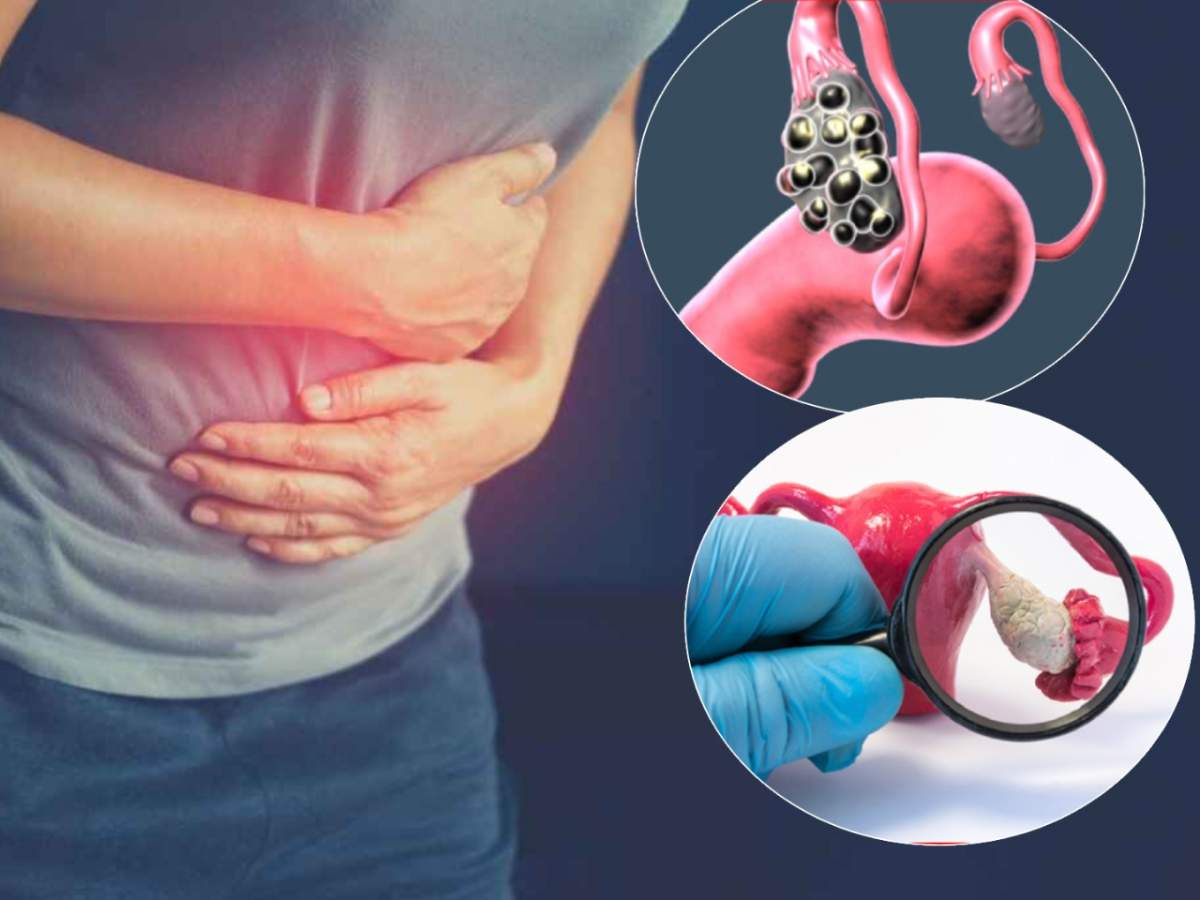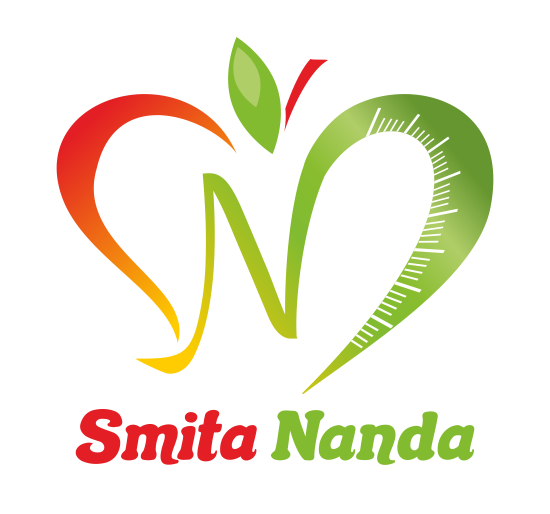Understanding PCOS and PCOD

Understanding PCOS and PCOD
Polycystic ovary disease (PCOD) is a condition where ovaries produce immature eggs. Polycystic ovary syndrome (PCOS) is a more severe form of PCOD. It adversely affects woman’s reproductive hormones and reflected by irregular periods or absence of period, acne, hair loss, unwanted hair growth, skin pigmentation, mood swings and weight gain. Fertility struggle is an unwanted outcome.
Healthy food and lifestyle help reduce the impact of both PCOD and PCOS and can help you to feel better.

The diets that may help women manage their symptoms are:
Low glycemic index (GI) diet: Majority of PCOS women have insulin resistance, which may also be caused by obesity, which is predominant in PCOS. In such conditions, the demand of insulin increases to maintain blood sugar. Overproduction of insulin can cause your ovaries to produce more androgens, like testosterone, which make the condition more severe.
PCOS women are also prone to diabetes or pre-diabetes early in life. Food with a low GI , does not cause insulin levels to rise quickly, shows improved insulin metabolism, lower cholesterol levels and more regular periods.
Not all women with PCOS are overweight or obese, but still oversensitive to the effects of insulin. Even if a PCOS woman is not overweight or obese, by eating low GI diet can decrease the effects of insulin on her ovaries.
Eat a high fibre low carbohydrate diet, avoid high carbs and sugar rich food. When reading food labels, be sure to look for sugar’s various names, like -sucrose, high fructose corn syrup, dextrose, jaggery etc. This will aid in stabilizing your blood sugar levels.
Anti-inflammatory diet: Anti-inflammatory foods, such as dark coloured fruits and vegetables, fatty fish, healthy nuts and seeds, probiotics, certain herbs and spices may reduce inflammation-related symptoms.
Limiting gluten, lactose and soy helps to reverse inflammation to some patients who suffer from inflammation caused by these food groups.
DASH diet: DASH diet is rich in fish, low fat poultry, fruits, vegetables, whole grain, and low-fat dairy products. The diet discourages foods that are high in saturated fat and sugar. DASH diet found effective in reducing the risk or impact of heart disease and also helps in managing PCOS symptoms.
Vegan Diet: Vegan diet consists of eating grains, vegetables, fruits, nuts and seeds. High quality carbohydrates are included and contribute not more than 45% of your daily food intake. Vegan diets are very rich in vitamins, minerals and antioxidants that can improve ovulation and reduce risk of type 2 diabetes.
Weight loss diet: Losing weight helps women with PCOS who are overweight or obese, regardless of which specific kind of diet they follow.
Lifestyle changes which helps managing PCOS symptoms:
- Consistent routine and regular meal times- manage blood sugar levels, leading to less frequent food cravings and overindulgence. Stable blood sugar aids in the proper androgen production in your body.
- A PCOS diet with regular physical activities ensures- weight loss, improved insulin metabolism, more regular periods, reduced facial hair growth and lower cholesterol levels.
- Reducing stress, enough sleep and enough time to relax,
- Consuming a diet rich in nutrients will help in healing your body from the inside out.
It’s recommended to speak with a registered dietitian before removing a number of foods from your diet. Get an eating plan that is right for your individual needs.
